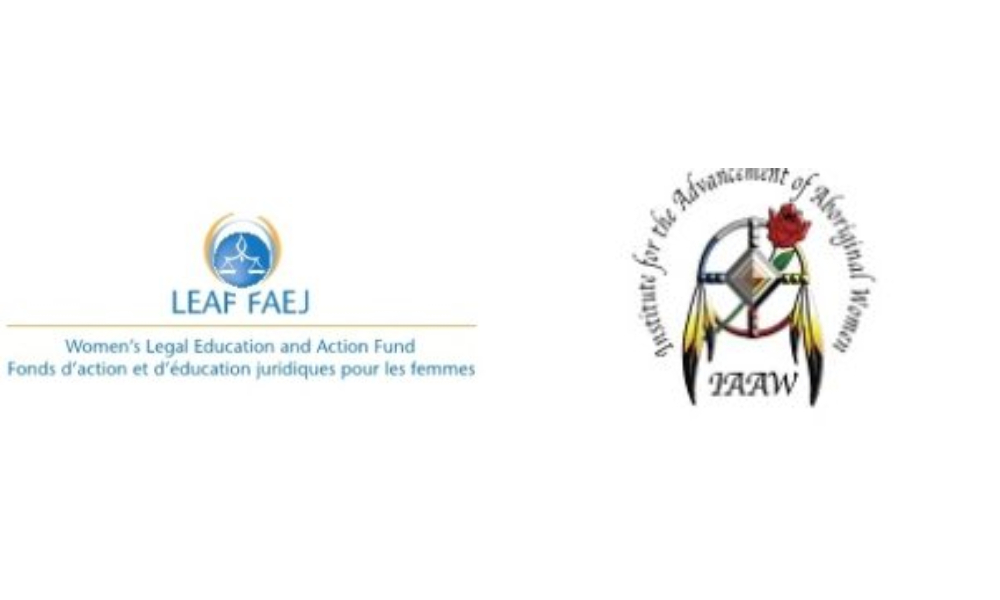LEAF and Institute for the Advancement of Aboriginal Women co-intervened in 2019 SCC proceedings

Past judgments have not achieved substantive equality for Indigenous women, the Women’s Legal Education and Action Fund (LEAF) has said regarding the second trial of Bradley Barton, convicted of manslaughter on Feb. 18 in the death of Cree-Métis woman Cindy Gladue.
Recognizing that more work needs to be done to put a stop to the violence encountered by Indigenous women, LEAF committed to continue working together with Indigenous women and feminists in efforts to address sexism, racism and anti-Indigeneity.
In 2011, Bradley Barton, an Ontario-based truck driver, inflicted a vaginal wound on Cindy Gladue, a sex worker and a mother of three, who subsequently bled to death in the bathtub of an Edmonton hotel room. In 2015, the jury in the first trial acquitted Barton, accepting his allegation that Gladue had consented to rough sex. Public outcry followed this acquittal, and in 2017, the Alberta Court of Appeal ordered a new trial, taking issue with the initial trial’s significant judicial errors and reliance upon myths and stereotypes in sexual offence cases.
In 2019, the Supreme Court of Canada upheld the appellate court’s decision to retry the charge of manslaughter. The SCC urged trial judges in sexual assault cases involving victims who are Indigenous women and girls to combat racist and sexist prejudices when relaying instructions to juries. Everyone participating in the criminal justice system should work toward fighting systemic biases, prejudices and stereotypes, the SCC said.
LEAF intervened with the Institute for the Advancement of Aboriginal Women in the proceedings before the appellate court and the SCC. The co-intervenors contended that the 2015 trial was influenced by prejudices and discriminatory myths regarding Indigenous women and consent based on sexual history.
The 2015 trial dehumanized Gladue in numerous dimensions and showed how Indigenous women have been disproportionately targeted for violence in this country, said the Institute for the Advancement of Aboriginal Women in a statement.
“The culmination of violation though was the introduction of Ms. Gladue’s body parts into the courtroom as evidence – something so barbaric and a first in the history of criminal trial procedures in so-called civilized society,” said the institute in its statement.
The institute said that it would continue to offer Donna McLeod, Gladue’s mother, moral and legal support in further proceedings.
Lisa Weber, counsel for McLeod, said that “while the re-trial proceedings seem to have eliminated [the legal consideration of] direct references to derogatory, sexist and racist myths and stereotypes against Indigenous women, it is disappointing to have observed instances where some of the same, and similarly inappropriate myths and stereotypes crept into the process at various points and in indirect ways.”










